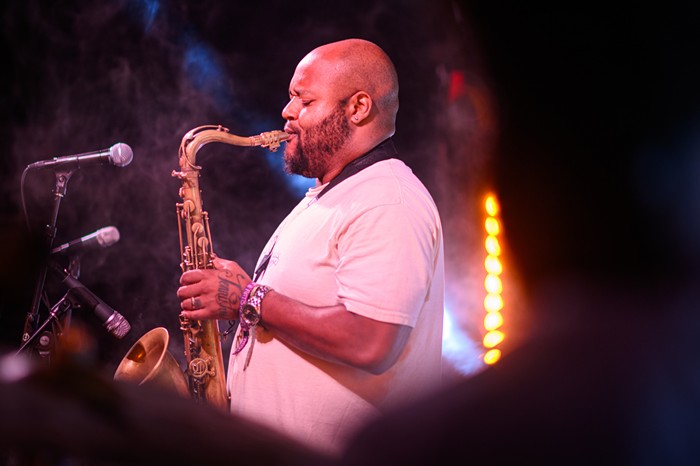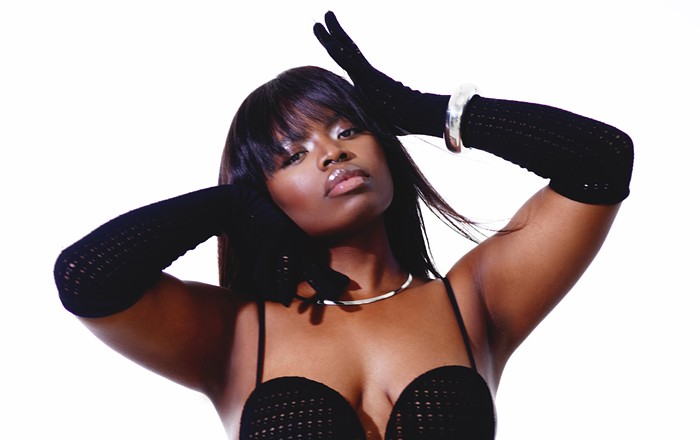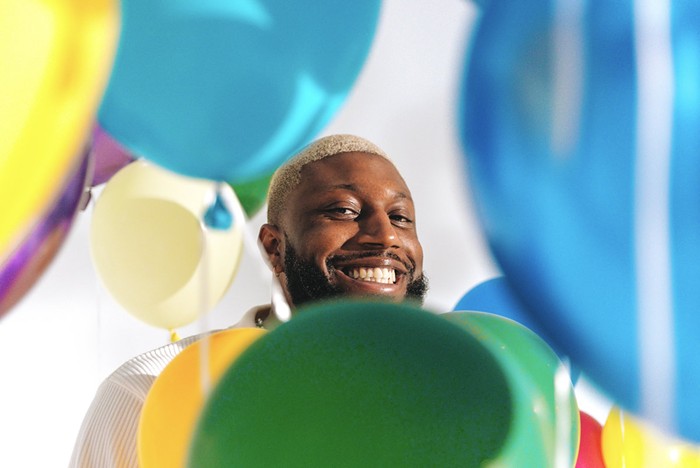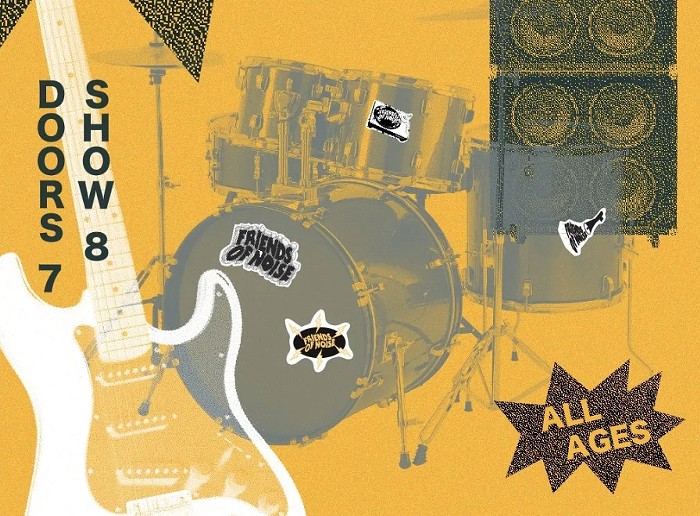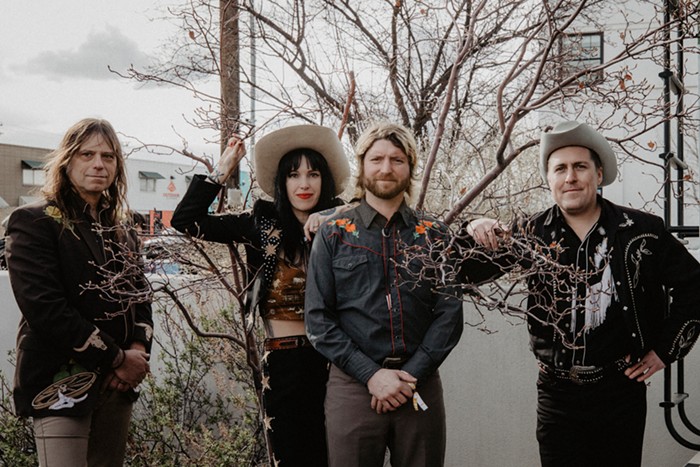For the new White Hinterland EP Luniculaire, bandleader, pianist, songwriter, and honey-throated vocalist Casey Dienel wisely enlisted the leading lights of modern French music. It makes an incontrovertible case for her own singular and significant worth as an interpreter of popular song, and as composer of note in her own right. Attended by a potpourri of proficient Portland players including guitarist Alexis Gideon and bassist Dave Depper—to say nothing of unerringly tasteful, sadly Boston-based drummer Matt Meyer—Dienel sashays with poise and passion through French avant-pop classics popularized by Serge Gainsbourg, Françoise Hardy, and Brigitte Fontaine, as well as two stunning, moody, likewise Francophone original songs—which come off, miraculously, as contemporary, timeless, and of the Bardot epoch. This is music making in rich, dark oils—not watercolors. A little over 20 minutes, Luniculaire is assuredly one of the year's finest recordings. Dienel recently reflected on the EP's continental roots in dialogue with the Mercury:
MERCURY: Luniculaire consists of five French-language songs—three covers and two originals. What made you decide to make a Francophone EP?
CASEY DIENEL: I needed a break from words, words, words. I wanted to do some recordings of just singing—and lots of it. It's much easier to do this when you're not singing/writing in your native tongue, and sometimes easier to listen for, as well. French is such a naturally expressive language, anyway, but it was a lot of fun to record just for the sake of sound, instead of narrative. There's one loose theme to the entire EP, but I'd been longing to start focusing more on the sensuality of music.
Did the fact that the songs were in a language not your own, and the product of a culture not native to you, change the way you related to or performed them?
Definitely. For one, I had to sing differently—the songs were all much more elastic than anything else we'd recorded. The main thing I wanted was for the most French thing about the songs to be the lyrics—we weren't going to try to slap on a bunch of accordion à la jazz manouche or emulate the "Café de Paris" sound. It seemed kind of a tacky thing to do. One thing I noticed in French music, too, was incorporation of North African instrumentation being used in popular music. In a lot of ways, French music would be nothing if not for the music of its former colonies. So if anything, we tried to make a nod toward that aspect of French pop more than anything else.
Had you written songs in a foreign language before? What was that like?
No, I hadn't. I was in a rut, and thought maybe writing in French would at least be a good exercise to get me going again. Immediately, however, I realized I was mistaken. It was much, much more difficult. In part because the French I spoke was conversational—not the poetic stuff of good lyrics. But it was quite liberating, too, to only be able to write what I meant. To not be able to cushion the lyrics with pretty adjectives. The lyrics had to be simple, not florid and elaborate. It was a good lesson.
